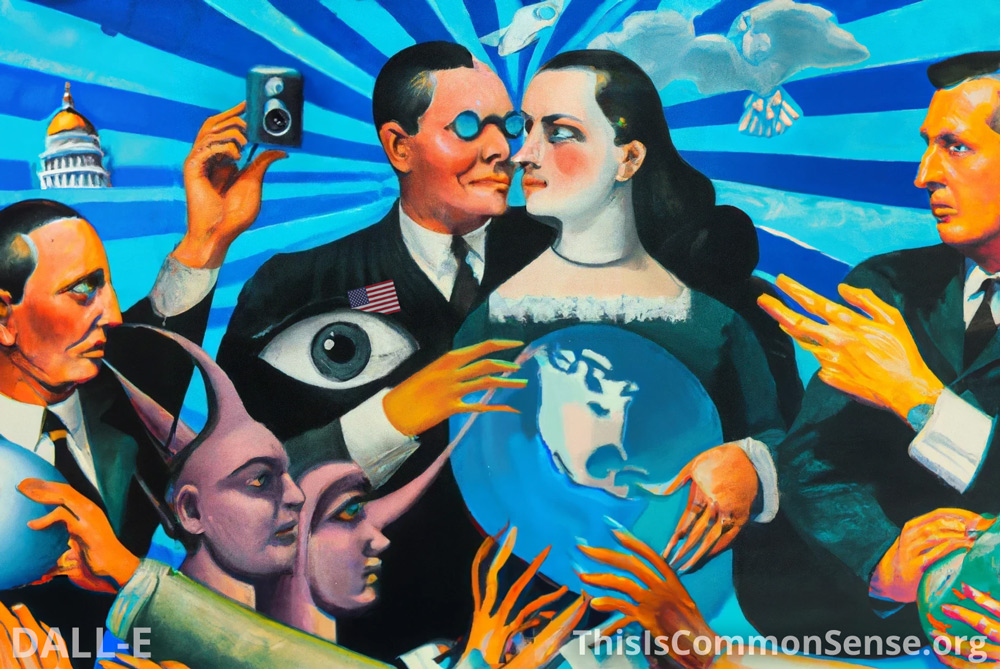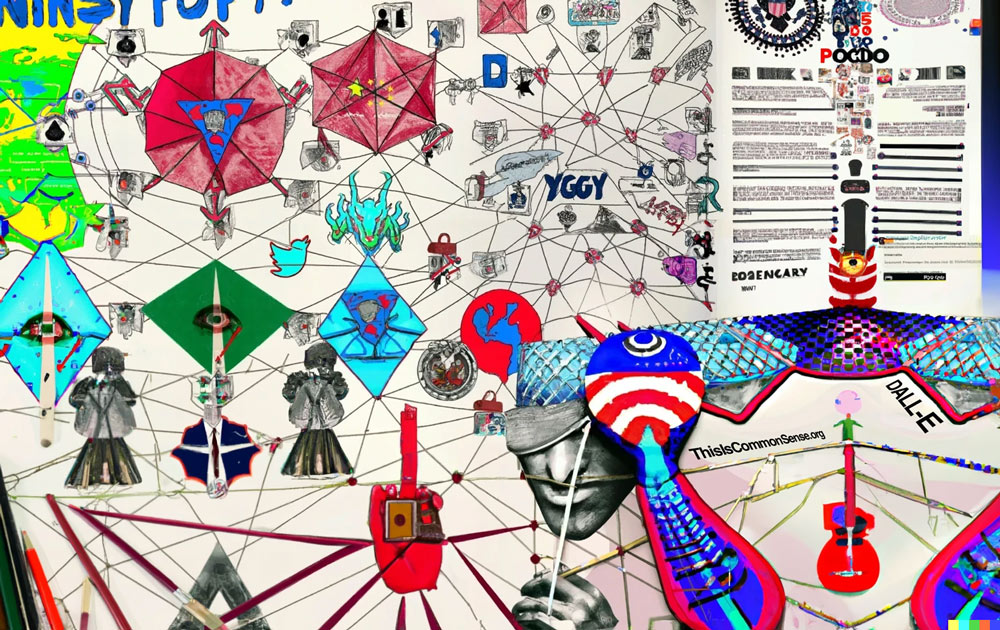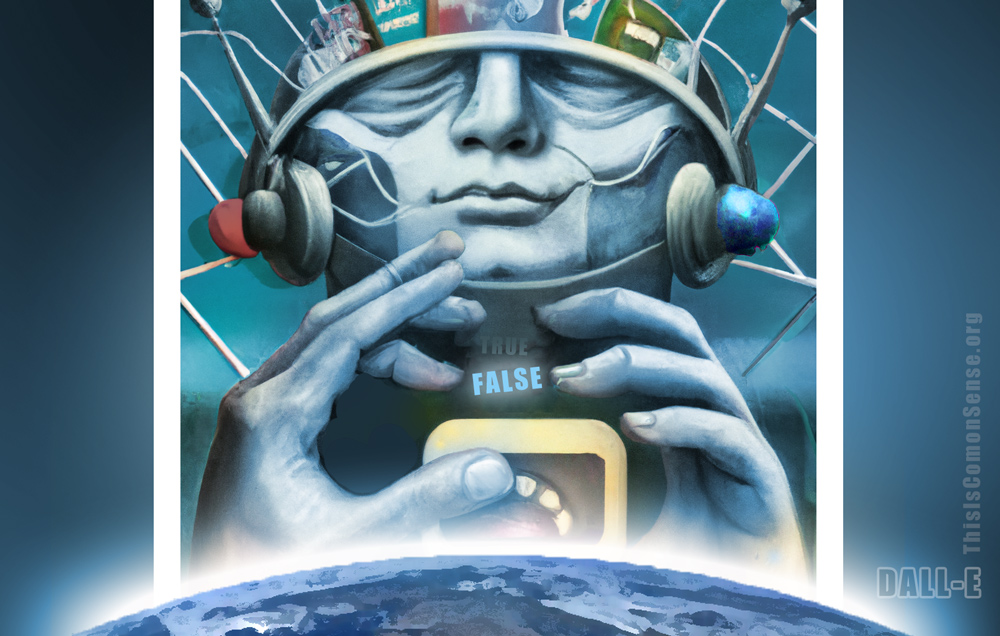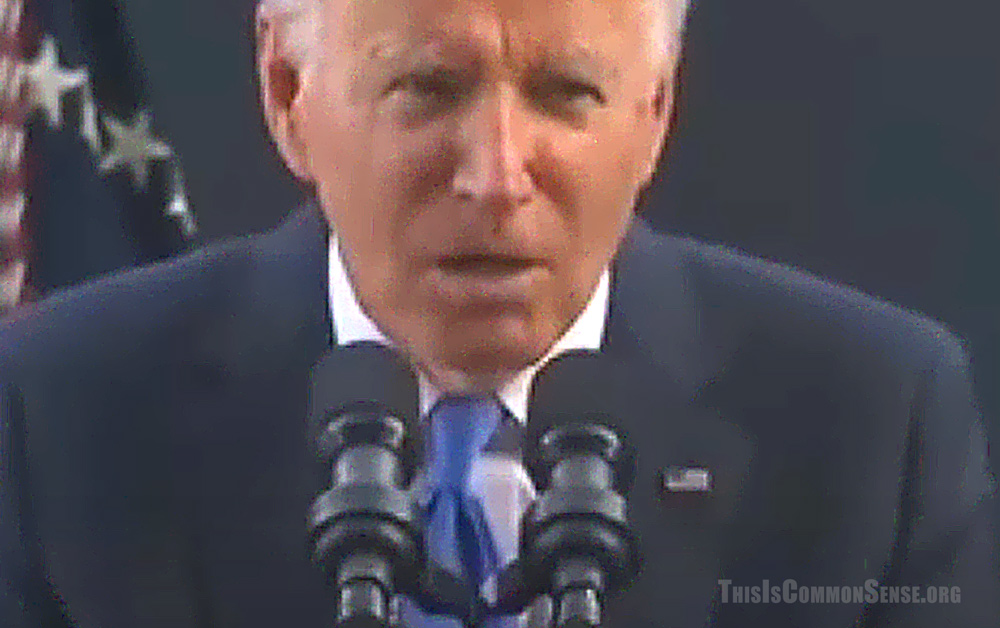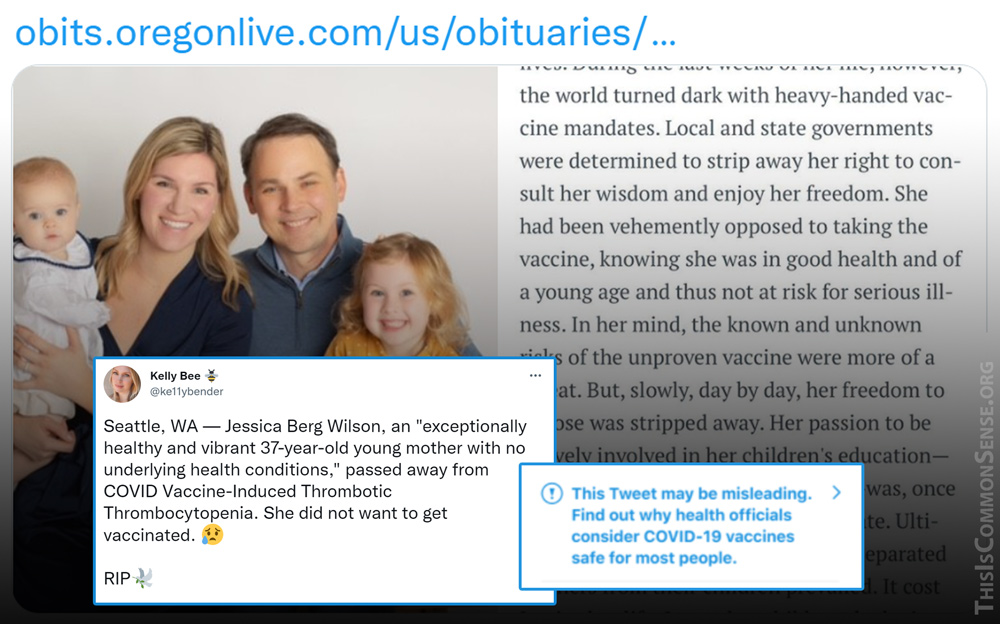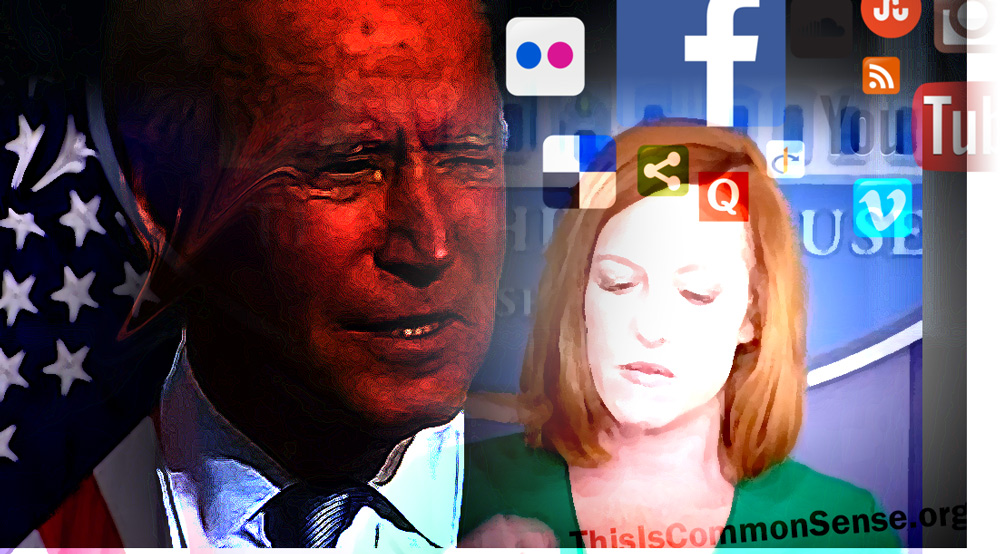The state attorneys general of Missouri and Louisiana sued the Biden administration for censorship. Thanks to the lawsuit, we’re learning more and more about how federal officials have pressed Big Tech social media companies to muzzle users who dissent from the Official Narrative about the pandemic.
Much of the evidence coughed up as a result of the litigation has taken the form of email exchanges. An official might email a social-media rep something like: “We find this post disturbing. Can you do something about? Like maybe censor it?” The rep might double-quick reply: “Done! Anything else I can do today to secretly help the government circumvent the First Amendment?”
Certain officials have been particularly central in the saga, including eight persons that a judge is now letting plaintiffs depose: Anthony Fauci, former press secretary Jennifer Psaki, FBI agent Elvis Chan, Surgeon General Vivek Murthy, Carol Crawford of the CDC, Daniel Kimmage of the State Department, and a couple of others.
During her tenure Psaki spoke openly about the Biden administration’s demand for more censorship of “misinformation,” which is the new code word for disagreement. So it’ll be hard to deny that she said that stuff.
Crawford is in charge of the CDC’s digital media activities, activities that included regular meetings with staff of social-media companies.
Among other subjects, plaintiffs will be asking Anthony Fauci about an email exchange with Francis Collins discussing a “takedown” of the Great Barrington Declaration, which opposed lockdown policies.
I’m all ears.
This is Common Sense. I’m Paul Jacob.
Illustration created with DALL‑E
See all recent commentary
(simplified and organized)
See recent popular posts
